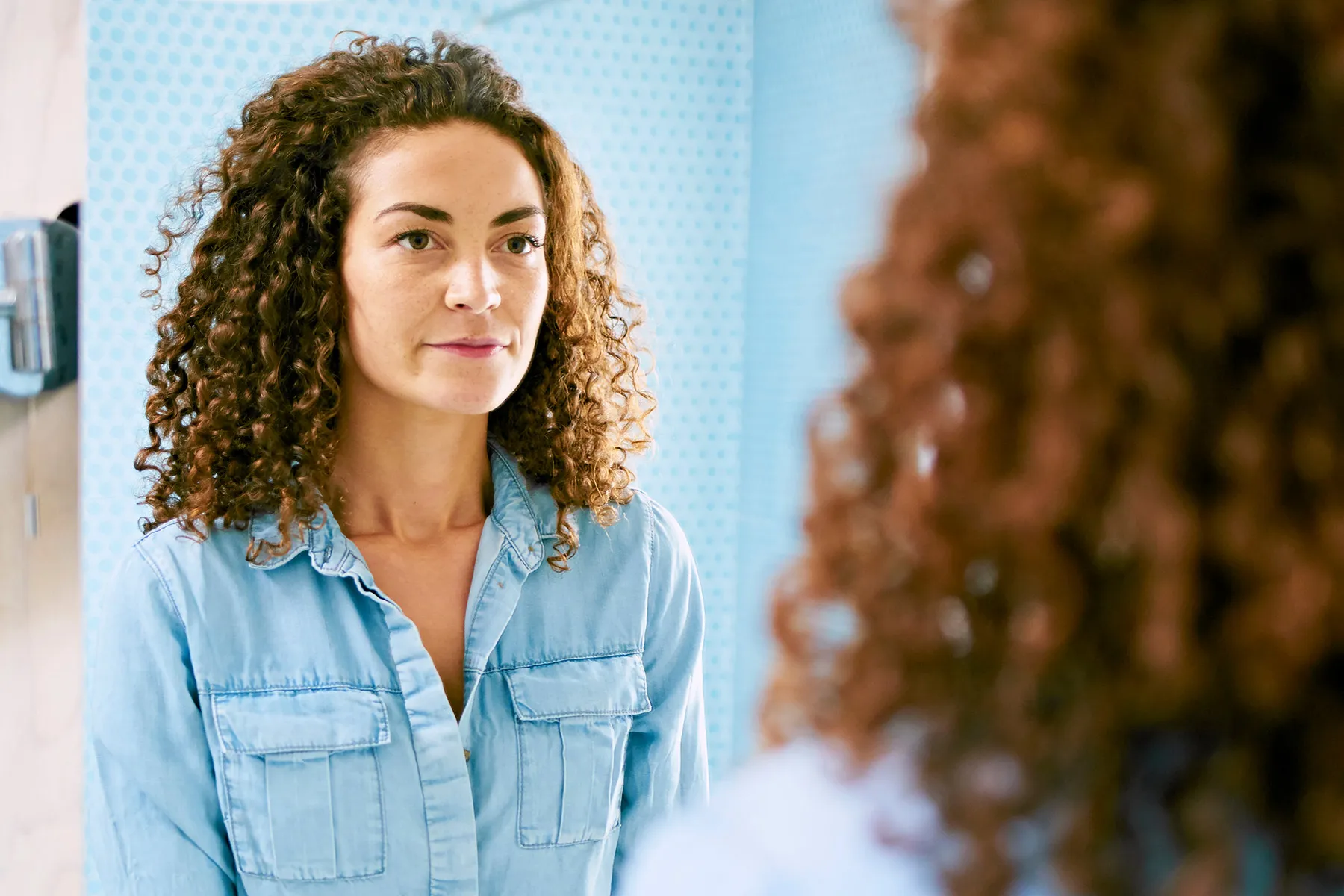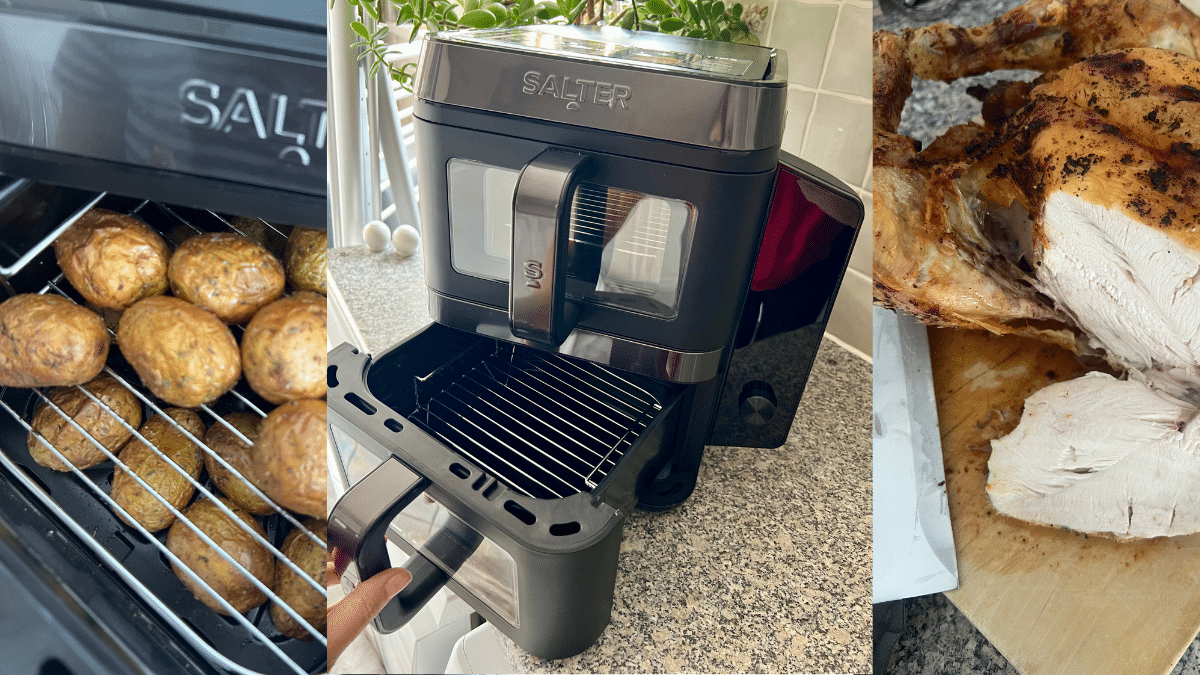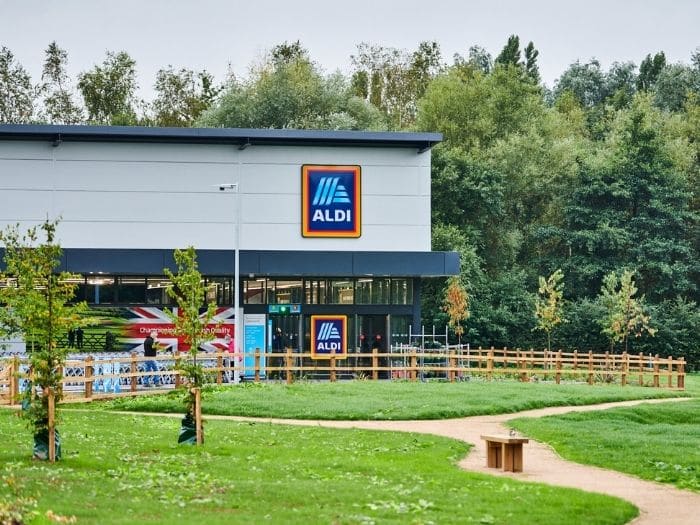
By Deltra Kroemer, Caryn Sullivan, and Ann Gootee, as told to Keri Wiginton
How have you adapted to your diagnosis over time?
Deltra: After my initial shock wore off, I knew I wanted to focus on living, not dying. I wanted to make meaningful connections, both with those around me and those in the cancer community.
Caryn: I’ve embraced it. I was diagnosed with metastatic breast cancer around the same time Disney’s Frozen was in theaters. When I heard the princess sing “Let It Go,” I started crying, feeling that was a mantra I should embrace.
Ann: This is not a linear journey. There are ups and downs, progress and setbacks. Patience is needed and often hard to come by. And most days require an afternoon nap.
What makes you feel better on your hard days?
Deltra: Journaling and connecting with others. Knowing I’m not alone helps me so much.
Caryn: Little things have always made me smile, whether it’s watching Days of Our Lives, cuddling on the couch with my son, or sitting at the beach watching the water. And my son and I created “The Grateful Game” so we can focus on what we’re grateful for each day.
Ann: Prayer and chats with one of my closest friends or family members. Walks in nice weather help as well.
Is there anything that’s easier to do after your diagnosis?
Deltra: I’m a queen of self-care now. I don’t guilt myself for resting, nor push myself to do more.
Caryn: I seldom wear a bra, and I love it.
Ann: I can be ready in no time flat when I get out the shower. I don’t have to dry and style my hair. And I don’t have to worry about my eyebrows anymore because I got microblading.
Has cancer changed how you think about your body in any positive ways?
Deltra: My diagnosis initially made me feel that my body had betrayed me. But now I speak love and life over my body daily. I am in awe of how strong and capable it is. I’m more aware that this is the only body I get. I embrace it, pamper it, and enjoy it.
Caryn: I started to find physical beauty in other parts of my body other than my hair or chest, which were what I once considered my finer features.
Ann: Not really. But I laugh when people ask me how long it takes to get ready. With chemotherapy and hair loss, I can get ready quickly.
Is there anything you used to worry about that you’ve since let go?
Deltra: I don’t worry so much about what my body looks like, as I’m too concerned with what’s going on inside of it. I certainly don’t worry about what other people think of how I choose to live my life.
Caryn: Cancer — both the first and second time — brought me clarity. When in the midst of cancer decisions, it was easy to let go of things I couldn’t control and focus on what I could.
Ann: Weight gain! Many medications and treatments can cause weight gain. And I used to be very active; I worked out 5 days a week. Over time, my workouts became long walks, and only on days when I have the energy. I continue to maintain a healthy diet, but I can’t fret over a few pounds.
Are there any changes you’ve made to your body or life that you wouldn’t have before your diagnosis?
Deltra: I’ve rejected negative body talk and thinking. I’ve stopped putting things off that I want to do. And I’ve reevaluated relationships and let go of those that weren’t only not serving me, but they were damaging me.
Caryn: I embrace wellness wholeheartedly. I eat plant-based, sleep longer nights, exercise regularly, and include small mindfulness practices in my day.
Ann: I try to continue with a healthy diet and do as much physically as I can.
How has your perspective on life changed?
Deltra: I’ve stopped living like I have all the time in the world. I think everyone does this too much.
Caryn: I take care of myself holistically, meaning not just one area of wellness but many. And I value a healthy lifestyle because that is something I can control when it comes to healing.
Ann: I’m more aware of the importance of relationships with my spouse, family, and friends. I’m quicker to say I love you at the end of conversations, and not just to my husband and stepchildren. I have best friends who we never hang up without saying I love you.
What advice do you have for someone who’s just learned they have metastatic breast cancer?
Deltra: Breathe, feel your feelings, cry it out. Then lift up your head and lift up your voice. Advocate for yourself and connect with the cancer community. They understand exactly what you’re going through, and their advice can be a lifesaver.
Caryn: The practical advice I’d give is to make sure you get a second or even third opinion, even if you like your doctor. I learned so much from having my cancer conversations many times.
Ann: Take a deep breath and learn all you can about this disease. Become your own advocate. If you want a second opinion, don’t hesitate to discuss it with your doctor. This is your body and your life.
What advice do you have for a friend or family member of someone with metastatic breast cancer?
Deltra: Respect and support the choices your loved one makes for themselves. And don’t burden them by saying to reach out if they need anything. Just jump in and be a help. Find and connect with support groups for you, too.
Caryn: Know your audience, aka think about what the patient would want. Be proactive and come up with ideas on ways you can help. At the same time, pleasantly offer but don’t push yourself on them.
Ann: Stay in touch and offer your support. But let the patient determine what and when they want to tell you about their diagnosis, treatment, and progress. I’m glad to share my journey with this disease. However, I’ve learned from some of my fellow support group friends that they hold this information much closer.
Is there anything else you want people living with metastatic breast cancer to know?
Deltra: I’ve learned to appreciate the little things and be incredibly present because I don’t know what the future holds. I’ve realized that experiences and connecting with other humans are the most important things in this life.
Caryn: I try to live with a loving stance. I want to be around people I love, do activities I love, and hopefully showcase how, if we focus on goodness and positivity, we can find happiness through any hardship.
Ann: If you can find a support group for MBC, I’d recommend you join. It really helps to talk with others who have been diagnosed with this disease. Finally, try to maintain a sense of humor. It helps you and those around you to lighten the situation at times.
About Deltra: Deltra Kroemer, 34, was diagnosed with metastatic breast cancer in 2019. Kroemer is an ambassador with For the Breast of Us, a website and community for women of color affected by breast cancer. She lives in Waterbury, CT.
About Caryn: Caryn Sullivan, 47, was diagnosed with metastatic breast cancer in 2013. Sullivan is the founder of the website Pretty Wellness, author of the book Happiness through Hardship, and host of a podcast with the same name. She lives in Fairfield, CT.
About Ann: Ann Gootee, 68, was diagnosed with metastatic breast cancer in 2019. Gootee lives with her husband of 37 years in Glen Ellyn, IL.






![What Is a Markup Language? [+ 7 Examples] What Is a Markup Language? [+ 7 Examples]](https://static.semrush.com/blog/uploads/media/82/c8/82c85ebca40c95d539cf4b766c9b98f8/markup-language-sm.png)